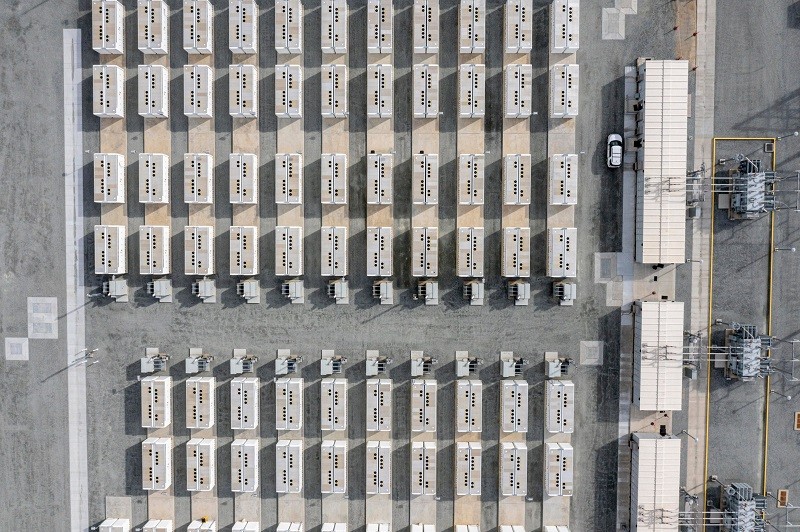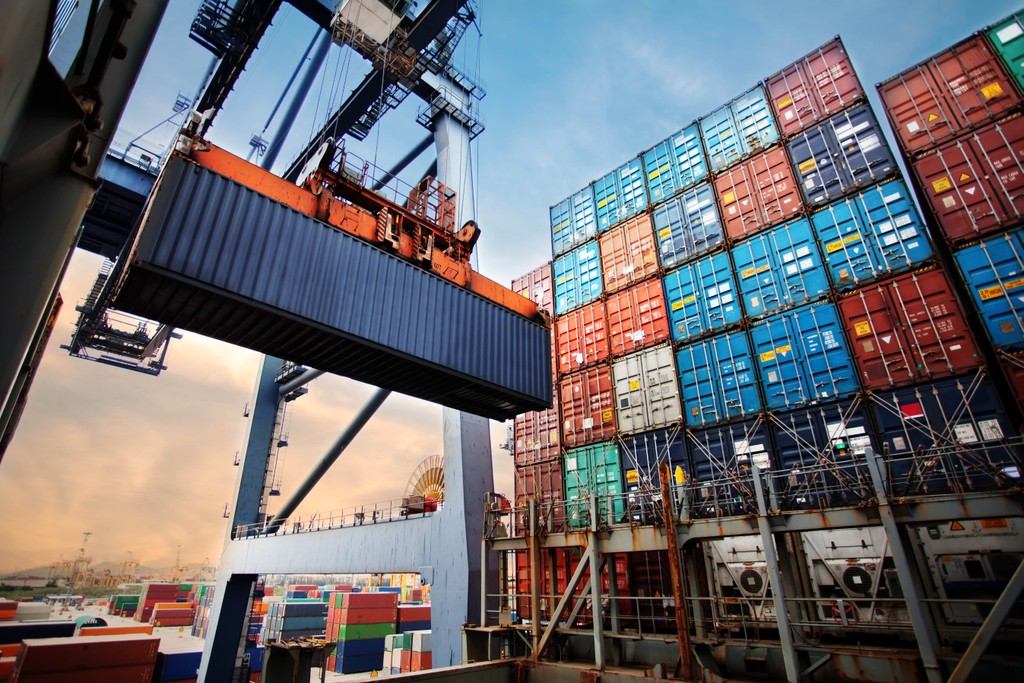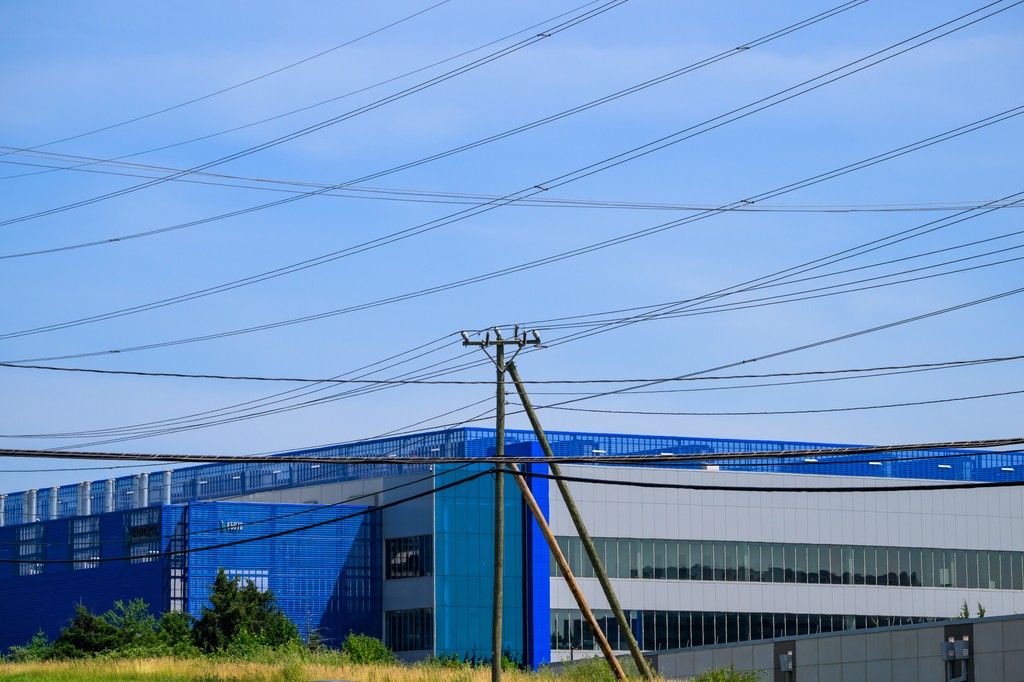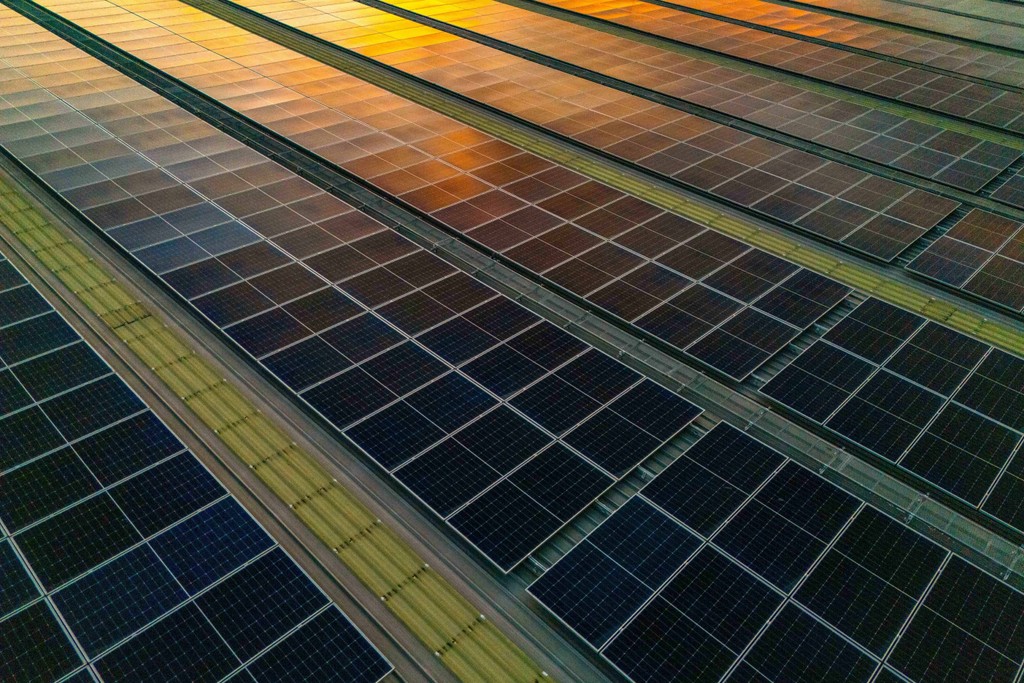ARTICLE
BloombergNEF Announces 11 Climate Innovators as the Winners of the 2024 BNEF Pioneers Award
BNEF’s annual Pioneers award recognizes game-changing technologies or innovations with the potential to accelerate the transition towards a net-zero economy across three key climate challenges.
BloombergNEF (BNEF) today announced the winners of its 2024 Pioneers award, recognizing 11 early-stage companies working to introduce technologies and products that will accelerate global decarbonization and halt climate change. This year, the winners include companies developing software to accelerate renewables buildout, expand heat pump deployment, create new biofuel feedstocks and standardize biodiversity monitoring – among many others.
Since its inception over a decade ago, the BNEF Pioneers program has witnessed significant advancements in the development and implementation of technologies and solutions aimed at decarbonizing the global economy. Greenhouse gas emissions, however, are also still rising, and there are many urgent obstacles to overcome for the world to reach net-zero emissions.
The BNEF Pioneers award aims to highlight companies that are making significant strides in sectors or areas that still face challenges in meeting net-zero goals. This year, BNEF invited nominations from ventures specifically targeting three climate-tech innovation areas:
- Relieving bottlenecks in the deployment of clean power
- Decarbonizing the construction and operation of buildings
- Creating the next generation of net-zero fuels
The competition received nearly 250 applications from 40 countries. The BNEF analyst team evaluated candidates against three criteria: the potential impact on greenhouse gas emissions and the planet, the degree of technology innovation and originality, and the likelihood of adoption and potential scalability.
The winners of the 2024 BNEF Pioneers are:
Challenge 1: Relieving bottlenecks in the deployment of clean power
- Envelio’s Intelligent Grid Platform uses a digital twin of distribution power grids to automate connection studies, enabling connection requests to be processed up to 20 times more quickly than they have been in the past.
- PVcase is a software company aiding in site selection, design, development and permitting of solar projects.
- TS Conductor has developed a power cable with a carbon-fiber core with current-carrying capacity three times higher and line losses 50% lower than traditional cables.
While renewables are already being installed at record levels globally, annual solar and wind installations will need to increase threefold by 2031 and sixfold by 2050 to reach net-zero emissions. Today, deployment is less hindered by costs than by slow grid build-out, grid connection backlogs, permitting challenges and supply-chain constraints.
Two of the winners in this category have developed software to help streamline the design, permitting and grid connection bottlenecks associated with deploying clean power. Envelio’s software automates processes in grid connection studies, allowing renewables to come online faster, while PVcase’s software tools enable solar project developers to automate site selection and reduce design and yield-estimation times. By contrast, TS conductor is seeking to update the cable hardware used to move renewable electricity through the grid. Once deployed, its high-capacity conductor could maximize the use of existing transmission infrastructure to increase grid capacity and thus circumvent several permitting bottlenecks.
Challenge 2: Decarbonizing the construction and operation of buildings
- Aeroseal uses a proprietary system to seal air vents and building envelopes, boosting energy efficiency and thermal comfort.
- Celsius Energy plans, designs and installs ground-source heat pumps for commercial buildings using an innovative titled-angle borehole drilling process, and sells a digital control platform for those heat pumps.
- Kelvin sells and installs heat pumps, thermal-storage systems and radiator enclosures for decarbonizing heating and cooling in apartments.
These BNEF Pioneers are working effectively to combat carbon emissions from the operation of buildings – a sector accounting for a third of global final energy consumption. Scaling low-energy technologies for heating and cooling is paramount. Cooling demand for residential buildings is set to increase by 115% by 2050 under BNEF’s Net Zero Scenario, and heating demand is set to be twice that.
There is no one-size-fits-all solution for decarbonizing this sector: different building types demand different services, and the Pioneers are tackling the problem from an array of angles
.
Aeroseal deploys aerosolized sealants to reduce air leakage in air vents and building envelopes, thereby reducing energy consumption. The other two Pioneers are redesigning the structure and operation of heating systems themselves. Celsius Energy’s heat pump system uses a closed, pyramid-shaped heat exchanger and digital platform to minimize the amount of space needed at ground level for installing the heat pump system. Kelvin’s radiator enclosures, heat pumps and thermal storage systems enable residential apartments, considered tough to decarbonize, to reduce heating-related emissions by 80%.
Challenge 3: Creating the next generation of net-zero fuels
- CoverCress Inc. has developed a winter oilseed crop called CoverCress that can be harvested and used as a feedstock to produce biofuels.
- XFuel processes convert waste feedstocks, such as waste oils and lignocellulosic waste, into marine gas oil and other sustainable fuels.
Next-generation fuels need to offer sufficient performance, scalability, economics and sustainability – while limiting land use. The two winners in this category have developed new technologies for alleviating feedstock constraints, one by bioengineering a pennycress cover crop and the other by pioneering new methods for converting waste streams into fuels.
CoverCress Inc.’s crop produces a low-carbon-intensity feedstock for renewable diesel and sustainable aviation fuel production that can be grown between a corn-soybean rotation on land that would otherwise lay fallow. XFuel’s two core technologies produce sustainable fuels (recycled carbon fuels and biofuels) from lignocellulosic biomass and waste oils.
Wildcards:
- Element Zero uses an electrolysis process that is compatible with intermittent renewable power to convert low-quality iron ore fines into high-quality iron for steelmaking.
- Li-Metal produces lithium-metal anodes from lithium carbonate, which can be used in solid-state batteries to further improve energy density.
- NatureMetrics offers a standardized way to use environmental DNA (eDNA) analysis to measure biodiversity health at scale.
The Wildcard winners are organizations working outside of this year’s three core subject areas. Two of these have developed innovations for reducing the pollution associated with industrial processes. Element Zero’s process does not contain any membranes, and the high heat capacity of the solvent used means the process can maintain its temperature without power for hours. Li-Metal produces lithium metal, and lithium-metal anodes for automakers and battery developers, using 40% less energy than conventional production. Lithium-metal anodes will be a complementary technology to solid-state batteries.
The final Wildcard Pioneer is a leader in monitoring the health of the natural environment. NatureMetric’s kits use environmental DNA to measure biodiversity health, enabling clients – predominantly large corporates – to calculate and monitor the impact of their activities more comprehensively.






